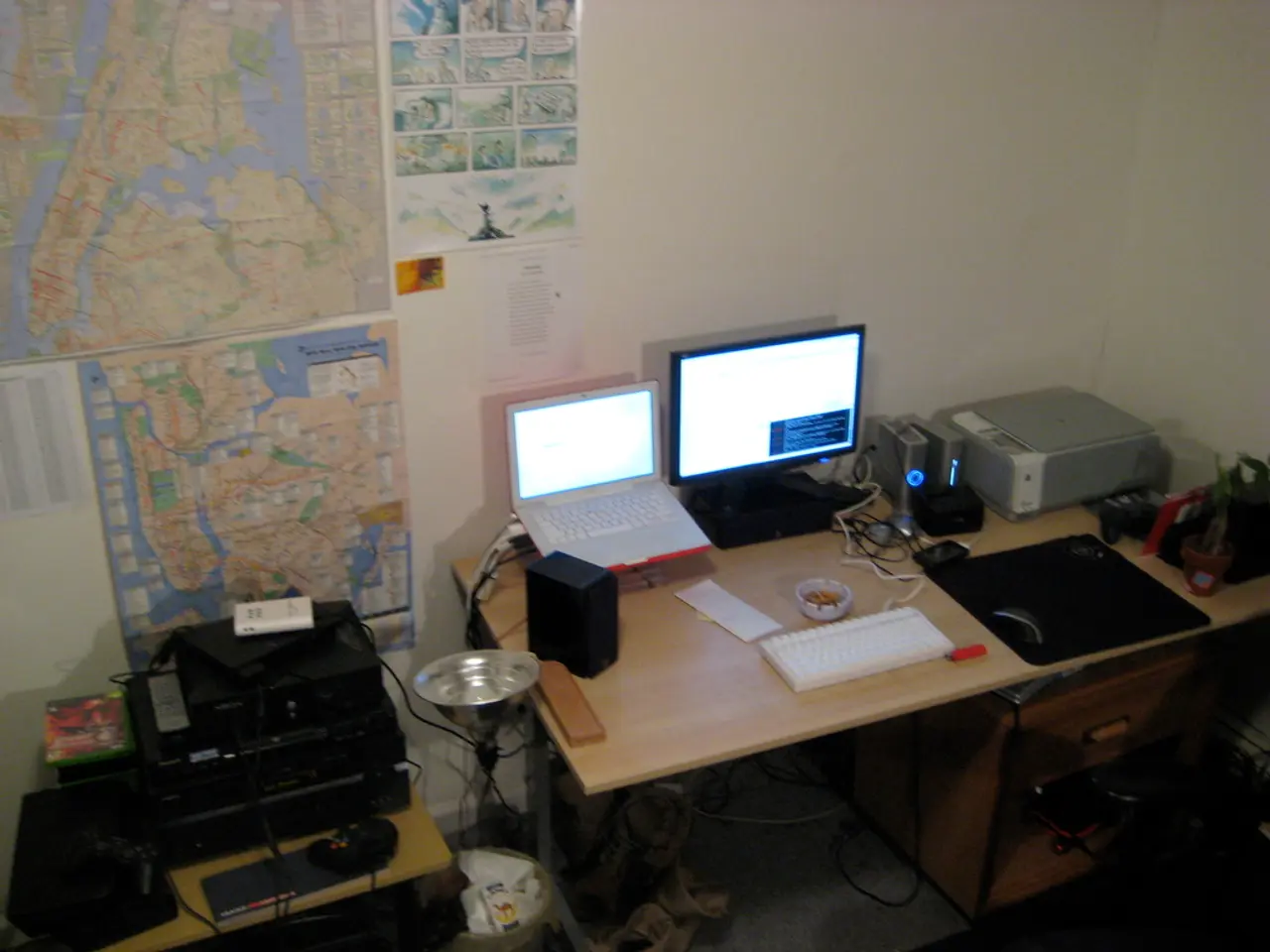Advancing Accessibility in Artificial Intelligence Education: our platform Meets Enhanced Accessibility Guidelines (EAA) and Web Content Accessibility Guidelines (WCAG) 2.1 Standards
CACTUS Communications Embraces Accessibility and Innovation in Academic Publishing
CACTUS Communications, a leading technology company specializing in AI-driven solutions for the scholarly publishing ecosystem, continues to push the boundaries of innovation to build a more equitable and inclusive, future-ready academic publishing environment.
Their AI writing assistant platform, used by over 2 million academics worldwide, has achieved full compliance with the European Accessibility Act (EAA) and the Web Content Accessibility Guidelines (WCAG 2.1 Level AA). This compliance paves the way for a more accessible and equitable future in academic research and publishing.
To cater to students and researchers of all abilities, the platform integrates inclusive design principles, offers enhanced usability features, and ensures mobile compatibility. This commitment to accessibility reflects CACTUS Communications' vision of democratizing research output, making high-quality academic writing support inclusive for everyone, regardless of their ability, language, or nationality.
CACTUS Communications is expanding its efforts across the broader AI Solutions ecosystem, supporting academic institutions and publishers globally. In Europe, North America, and Asia, the platform provides scalable, standards-aligned innovations for publishers.
Moreover, CACTUS is helping partners navigate evolving accessibility requirements through tools such as an AI-powered alt text generator, content conversion services, and accessible digital platforms. The company is partnering with various organizations, including the American Society of Microbiology, Morressier, and Taylor & Francis, to transform manuscript submissions, improve scholarly workflows, and simplify editorial processes with AI solutions.
Beyond complying with the EAA and WCAG, Cactus Communications has actively fostered accessibility innovation through strategic initiatives. One such initiative is the annual innovation hackathon, Agentathon, focusing on AI-powered, inclusive, and scalable solutions with AWS collaboration. This event aims to develop technology-driven, customer-centric AI solutions that could enhance accessibility and inclusivity features, leveraging cutting-edge AI/ML services and cloud infrastructure to create scalable, real-world deployable products.
CACTUS Communications publicly emphasizes the growing role of AI in improving accessibility in publishing, implying ongoing efforts to integrate AI in ways that support accessible content creation and dissemination. While there are recognized challenges with AI simplification for users with cognitive disabilities, the industry discourse involving Cactus highlights a commitment to refining AI tools to better meet accessibility needs in scholarly publishing.
The platform's accessibility compliance ensures an inclusive, intuitive user experience for individual users, positioning the platform as one of the earliest platforms in academic AI to meet such rigorous criteria. As CACTUS Communications continues to expand its efforts and push the boundaries of innovation, the academic world can look forward to a more equitable and inclusive future in academic publishing.
Nishchay Shah, Group CTO and EVP, Products & AI at Cactus Communications, stated that accessibility has always been central to CACTUS's vision of democratizing research output. With these initiatives and commitments, CACTUS Communications is undoubtedly equipping the academic world with forward-looking AI tools that will shape the future of scholarly publishing.
- CACTUS Communications' AI writing assistant platform, now compliant with the European Accessibility Act and Web Content Accessibility Guidelines, offers a path towards more equitable academic writing support for academics worldwide.
- CACTUS Communications is not only ensuring accessibility in academic writing, but also expanding its AI solutions to support academic institutions and publishers, aiming to make academic support more inclusive through innovation.
- In an effort to refine AI tools to better cater to accessibility needs in scholarly publishing, CACTUS Communications is partnering with various organizations and hosting an annual innovation hackathon, Agentathon, focused on developing AI-powered, inclusive solutions.




